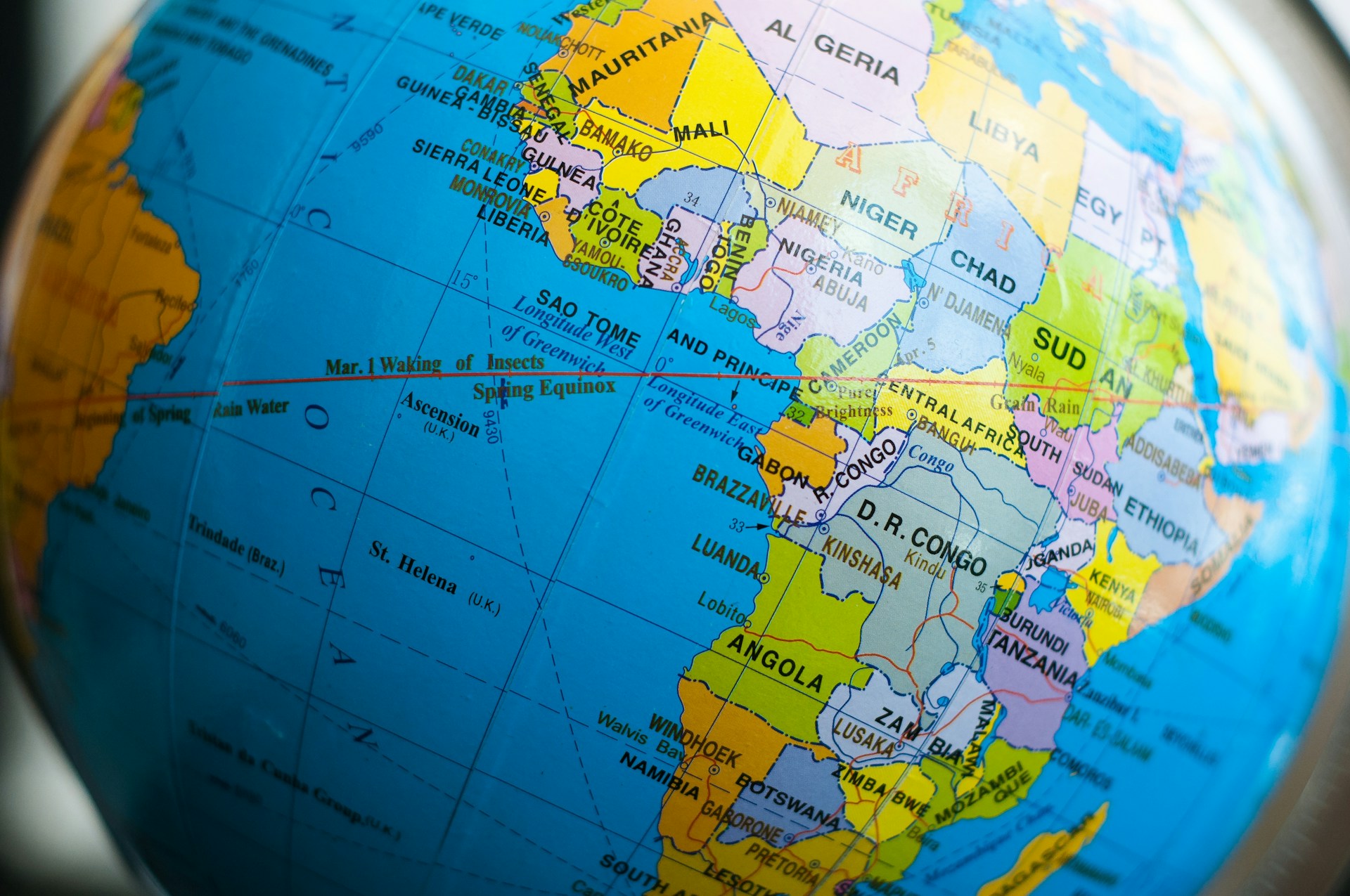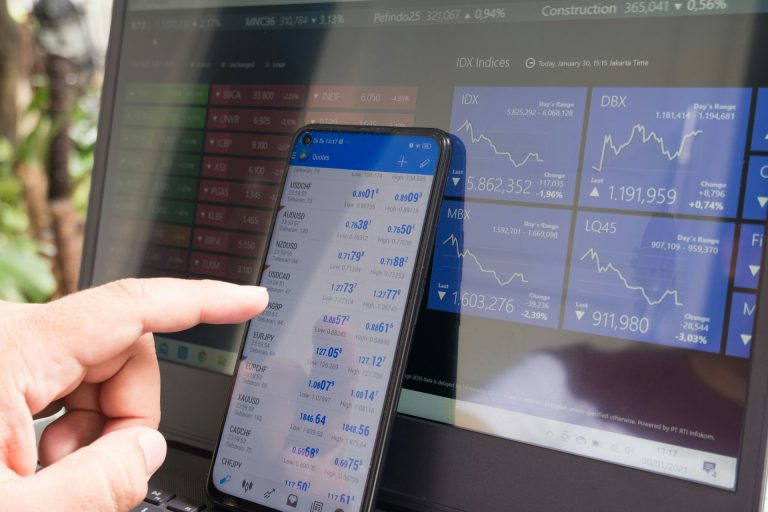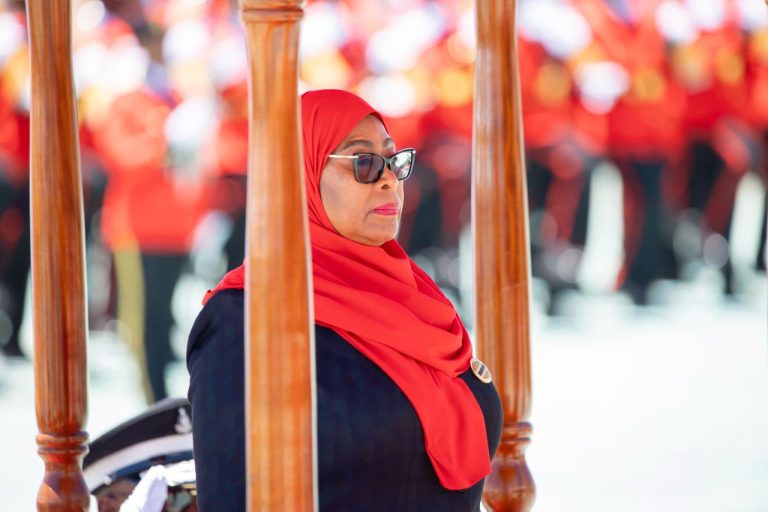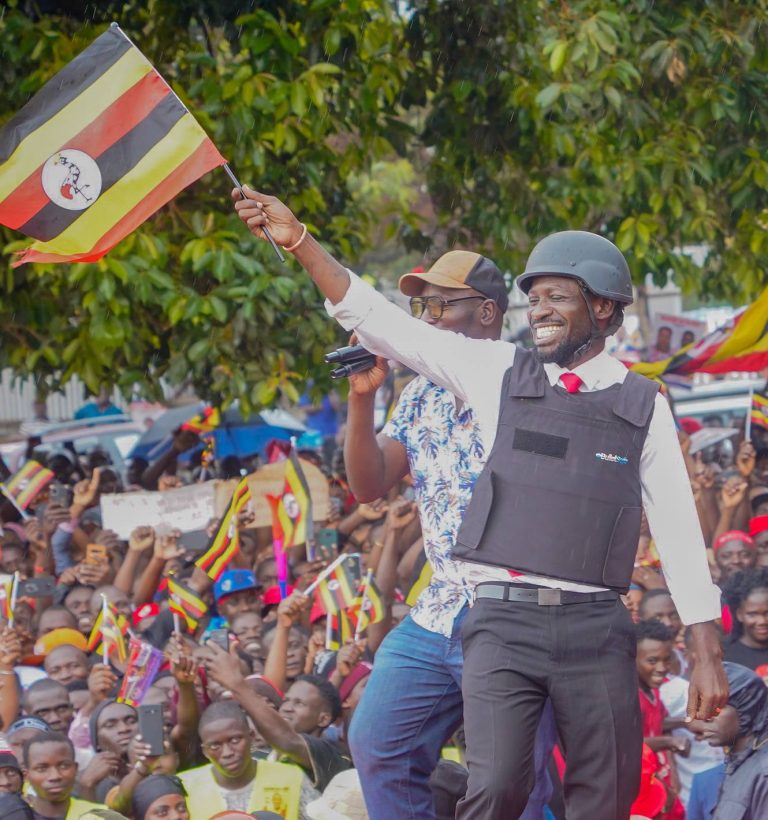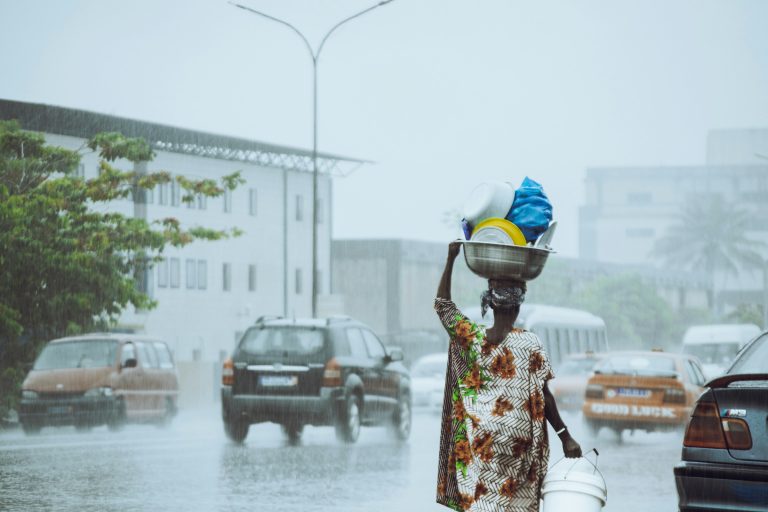Africa’s $1.8 trillion debt pile is squeezing budgets, fuelling protests and raising urgent calls for cancellation to safeguard growth and commodities trade.
Africa’s debt burden has surged past $1.8 trillion, fuelling growing demands for sweeping debt cancellation as unions, civil society and policymakers warn that the continent risks suffocating under unsustainable repayments and stalled growth.
Across capitals, demonstrators have taken to the streets in recent weeks, demanding what they describe as “reparative justice”. Their placards read “We don’t owe, we won’t pay”, “Africa can’t breathe” and “Cancel Africa’s debt now” – slogans aimed at international creditors who have long resisted broad debt forgiveness.
The calls come at a time when more than 23 African countries are in debt distress, with three already in default or in formal restructuring. According to the African Union (AU), debt servicing now consumes more than half of government revenues in several states, crowding out essential spending on health, education and wages.
A call for reparative justice
For unions leading the protests, the demand is not framed as charity but as redress for centuries of extraction and structural inequality.
“Africa is drowning in debt. These debts, running into billions, have become a major obstacle to development across the continent,” Joshua Ansah, secretary general of Ghana’s Trades Union Congress told Allen Dreyfus.
“What makes it more unjust is that in some cases these debts were not directly incurred by African governments, yet our people are forced to pay the price.”
A petition submitted to Ghana’s finance ministry and the Africa Continental Free Trade Area (AfCFTA) secretariat by ITUC-Africa and the TUC described the debt system as “a human development and democratic crisis,” urging “total and unconditional cancellation of Africa’s unsustainable external debts as an act of reparative justice”.
The argument resonates across African capitals. From the perspective of labour unions and activists, debt cancellation is the modern equivalent of reparations – not simply financial relief but recognition of centuries of exploitation, unfair trade rules and predatory lending that continue to constrain Africa’s economies.
Ghana as a case study
Ghana, once one of West Africa’s fastest-growing economies, offers a sobering example of the crisis. In January 2024, the country reached a draft agreement to restructure $5.4 billion in external debt after inflation soared, the currency collapsed, and debt service costs consumed more than 70% of tax revenue.
“There are differences between ‘we can’t pay’ and ‘we won’t pay’,” Finance Minister Cassiel Ato Forson told protesters after receiving the ITUC petition. “In the case of these 23 African countries, their debt service cost has crowded out very important spending. If you conduct a critical debt sustainability analysis, they simply cannot pay.”
Forson, however, cautioned that outright repudiation was not an option. Instead, he called for a fairer and more sustainable global framework, adding: “Ghana’s experience shows why the international community must adopt a more humane and inclusive debt resolution mechanism.”
The AU’s first Debt Conference in Lomé in May 2025 underscored frustration with existing mechanisms. The G20’s Common Framework for Debt Treatment, introduced in 2020, was meant to streamline restructuring for low-income countries but has faced delays and limited participation.
Zambia, the first to apply, waited three years before finalising a deal in 2024. Ethiopia remains in limbo. Ghana’s restructuring, though underway, is still incomplete.
A core flaw, according to African leaders, is the voluntary nature of the framework. Private creditors – who hold around 43% of Africa’s external debt – are not compelled to participate. This leaves countries negotiating piecemeal, prolonging uncertainty for investors and governments alike.
“Africa must assert its voice in global financial discussions,” said Zambian President Hakainde Hichilema. “We need reforms that acknowledge our unique economic trajectories and support sustainable growth.”
The debt overhang has direct consequences for commodities and frontier markets. Many resource-rich countries – including Ghana, Zambia and Angola – rely on gold, copper and oil exports to generate hard currency. Yet falling export earnings, volatile commodity prices and rising US interest rates have squeezed fiscal space, increasing the likelihood of defaults.
Investors are already factoring in prolonged risks. Yields on Ghana’s Eurobonds remain elevated despite restructuring progress, while ratings agencies warn that without deeper relief, several African economies could remain locked out of international capital markets.
The road ahead
Advocates argue that cancelling Africa’s debt would free up resources for investment in jobs, social protection, and climate resilience. “Freed resources must be channelled into people’s lives, not debt repayments,” Ansah said.
For now, the divide between activists calling for cancellation and creditors insisting on restructuring remains stark. But with Africa’s debt load at $1.8 trillion and rising, pressure is mounting on the global financial system to move beyond temporary fixes.
As one banner in Accra bluntly declared: “Economic reform is a scam.” For many Africans, only a clean slate will restore the promise of growth and stability.
